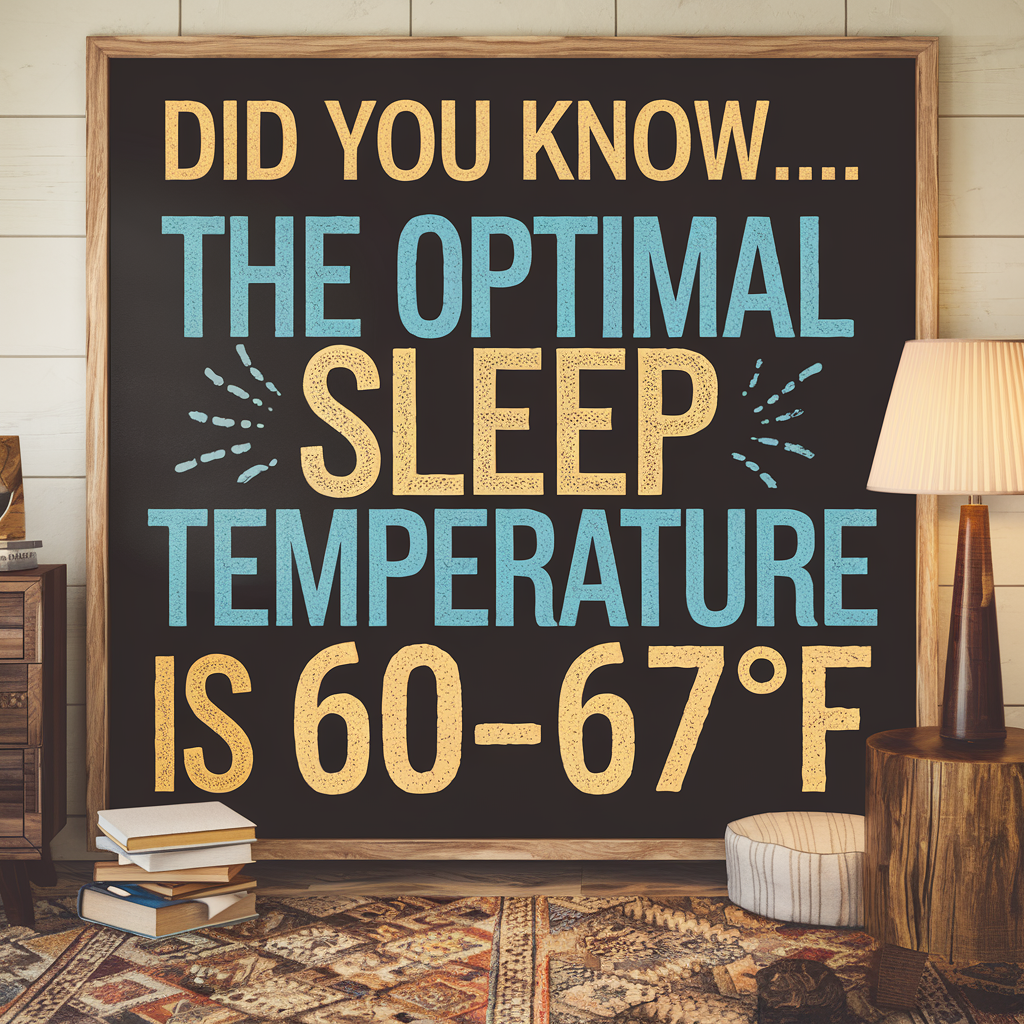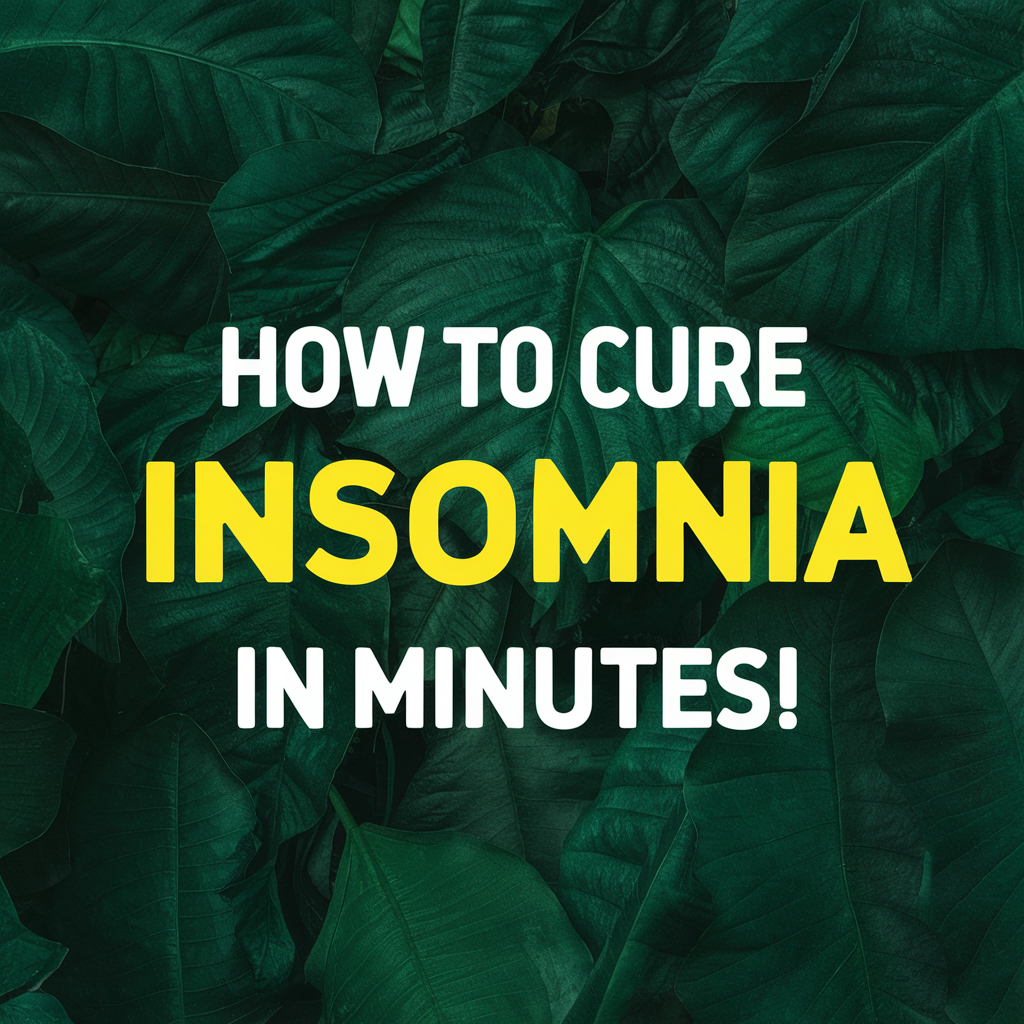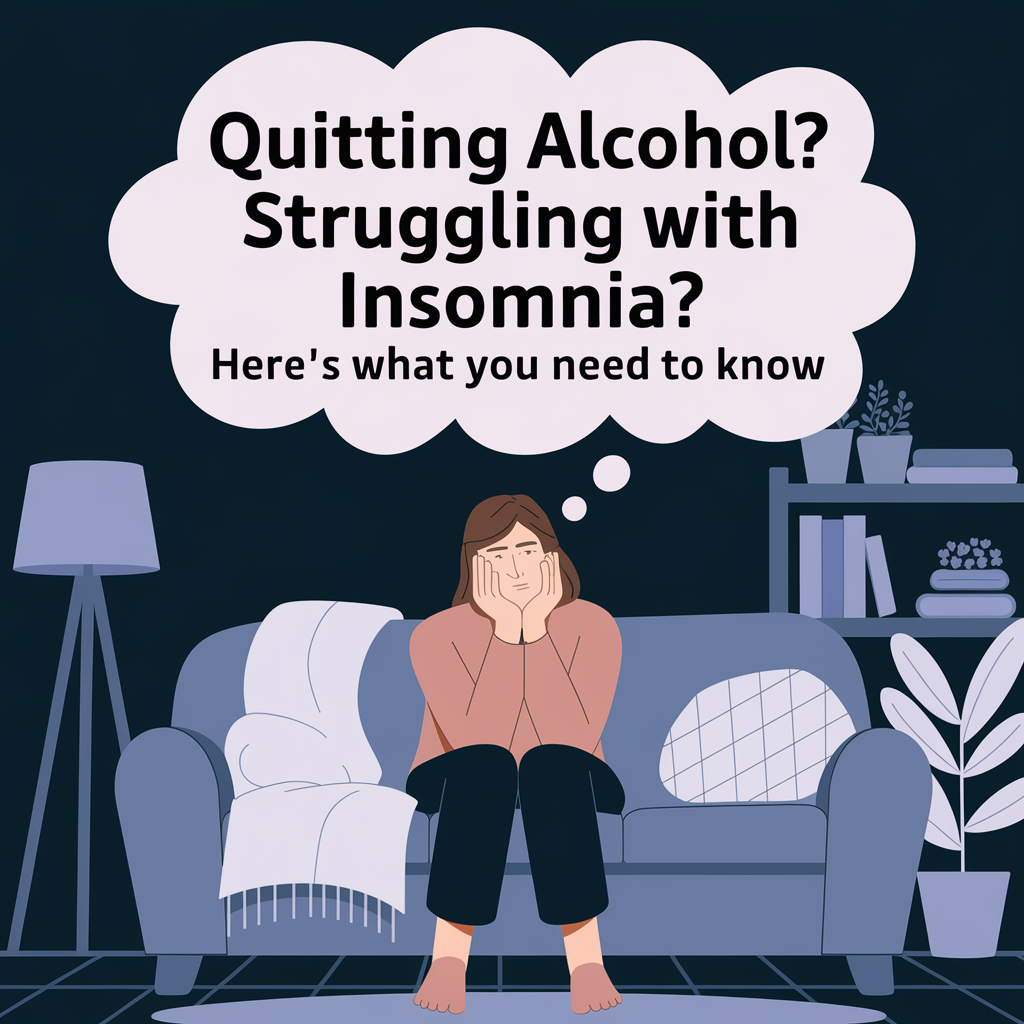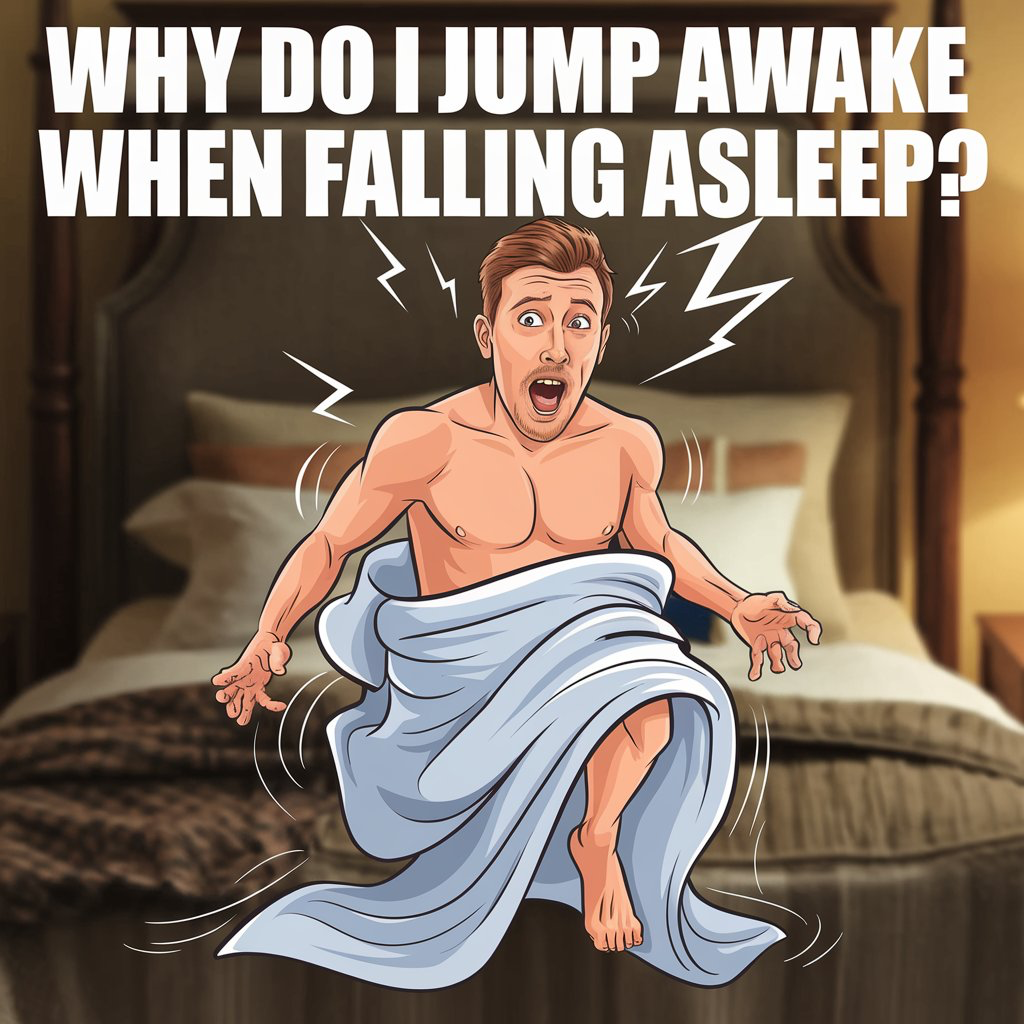
Why Do I Jerk Awake When Falling Asleep?
If you’ve ever felt your body suddenly jerk as you’re drifting off to sleep, you’re not alone. This phenomenon is called a hypnic jerk, also known as a sleep start. It’s a common experience that can feel like a sudden muscle twitch, a falling sensation, or even a brief shock throughout the body.
Hypnic jerks happen when your muscles involuntarily contract as you transition from wakefulness to sleep. While they are usually harmless, they can be startling and sometimes disrupt your ability to fall asleep.
How Common Are Hypnic Jerks?
Hypnic jerks are extremely common—most people experience them at some point in their lives. Studies suggest that around 60–70% of people have felt a sleep start at least occasionally. Some may not even notice them, while others find them disruptive, especially if they happen frequently.
What Causes Hypnic Jerks?
Although the exact cause of hypnic jerks is still debated, researchers believe they occur due to misfiring signals in the brain as it transitions from wakefulness to sleep. The nervous system sometimes sends mixed messages, causing muscles to contract unexpectedly. Factors like stress, anxiety, caffeine, and sleep deprivation can make them more frequent or intense.
For those experiencing frequent hypnic jerks, addressing sleep disturbances like insomnia or underlying sleep disorders can be key to reducing them.
Next, we’ll explore whether it’s normal to jerk before falling asleep and when it might be a cause for concern.
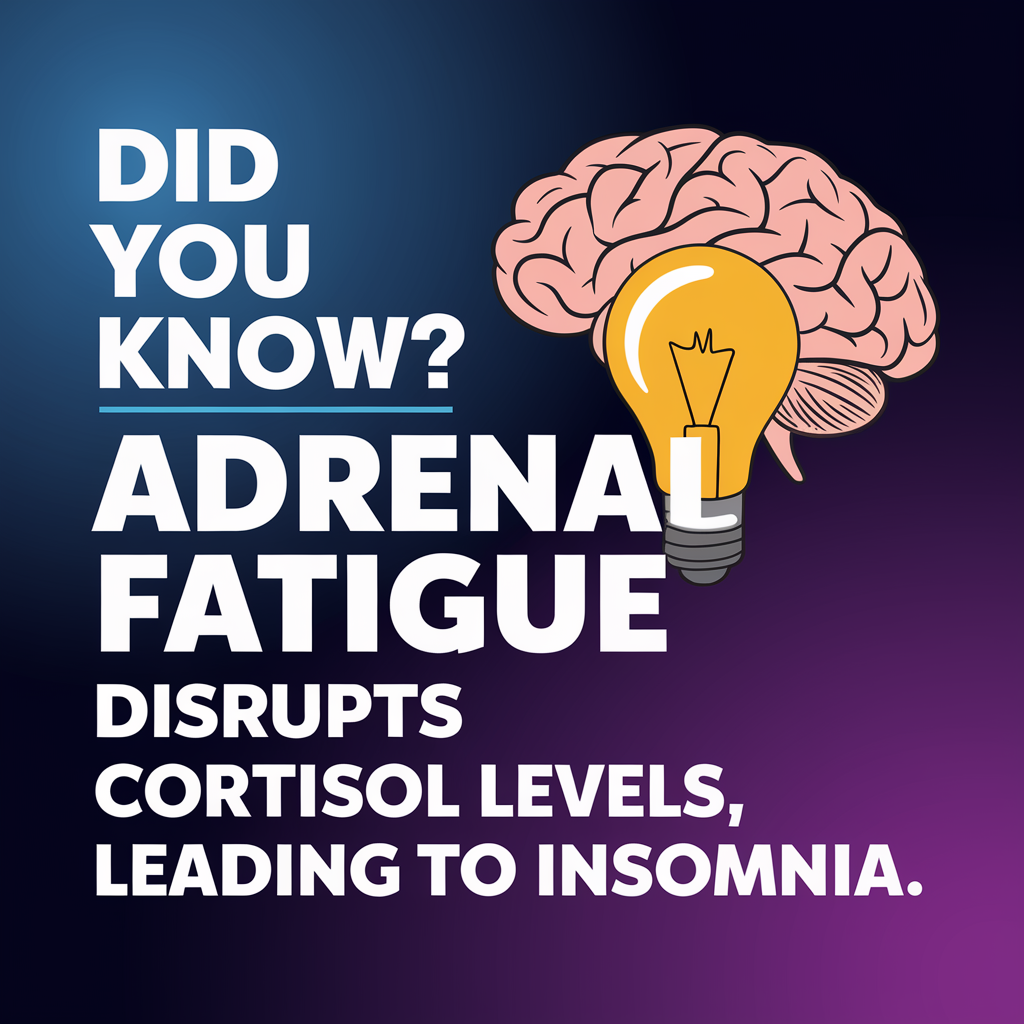
Is It Normal to Jerk Before Falling Asleep?
Yes, experiencing a jerk before falling asleep is completely normal for most people. Hypnic jerks are a natural part of the body’s transition from wakefulness to sleep, and they usually don’t indicate any serious health issues.
Why Does the Body Twitch Before Sleep?
Scientists believe hypnic jerks are caused by the brain adjusting to sleep mode. As your body relaxes, your brain sometimes misinterprets this relaxation as a sign that you’re falling. In response, it sends a burst of nerve signals to your muscles, causing a sudden twitch or jerk. This is why many people describe hypnic jerks as feeling like they’re falling and suddenly catching themselves.
Factors That Make Hypnic Jerks More Frequent
While hypnic jerks are normal, some people experience them more often due to:
- Stress and Anxiety – An overactive mind can make the nervous system more prone to misfiring.
- Caffeine and Stimulants – These keep your nervous system active, making it harder for your body to transition into deep sleep.
- Sleep Deprivation – When you’re overtired, your body enters sleep too quickly, increasing the likelihood of jerking awake.
- Exercise Before Bed – High-intensity workouts too close to bedtime can overstimulate the nervous system.
If your hypnic jerks are happening frequently, addressing these triggers may help reduce them. Learning to manage stress and adrenal fatigue can be especially helpful—check out why adrenal fatigue causes insomnia and how to fix it for more insights.
Next, we’ll dive into why your brain jolts when you fall asleep and the science behind these sudden movements.
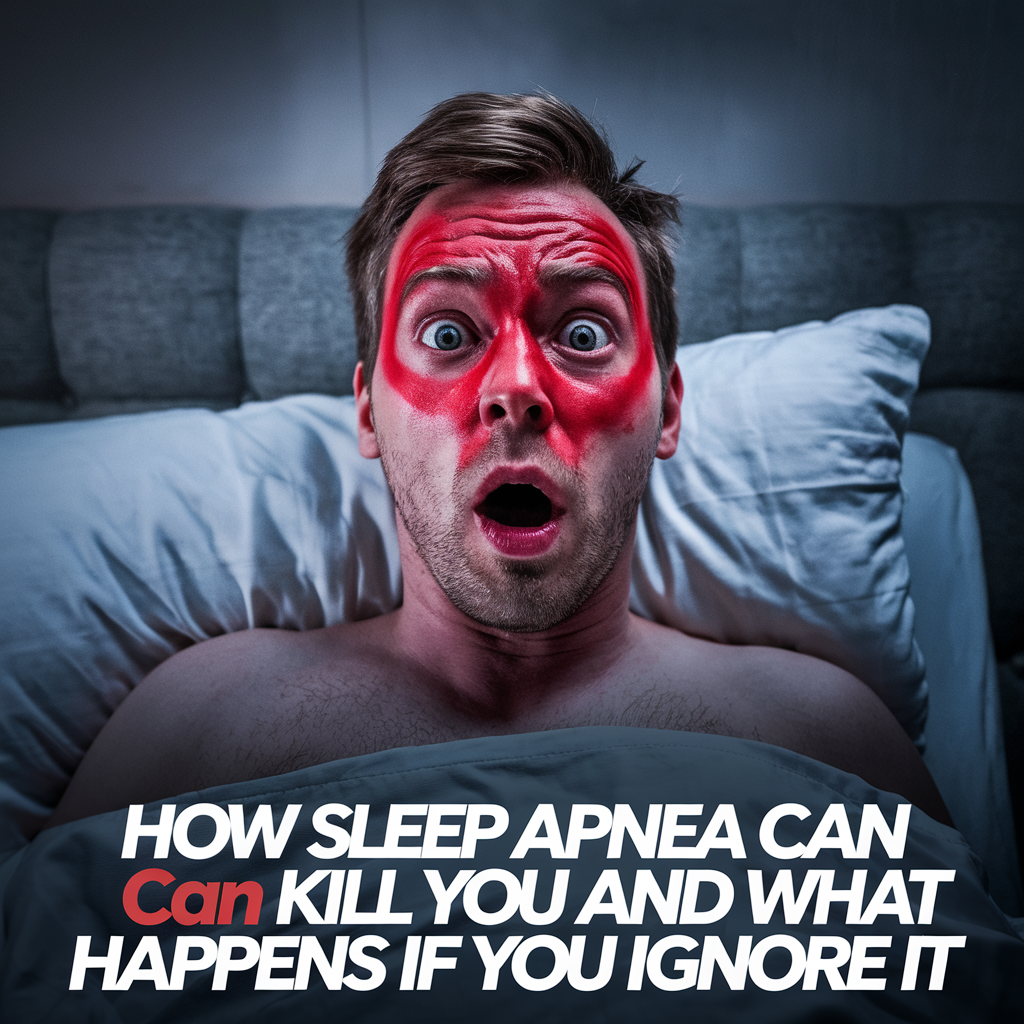
Why Does My Brain Jolt When I Fall Asleep?
That sudden jolt you feel as you’re drifting off to sleep isn’t just your body reacting—it starts in your brain. Hypnic jerks happen because of misfiring signals in the nervous system, as your brain transitions from wakefulness to sleep.
The Brain’s Role in Hypnic Jerks
As you begin to fall asleep, your brain slows down and prepares your body for rest. However, sometimes the reticular activating system—the part of the brain that controls wakefulness—doesn’t completely shut off in sync with the body. This can cause it to send out a sudden burst of electrical activity, triggering a muscle contraction.
Scientists believe this happens for a few possible reasons:
- Sleep Cycle Transition Issues – Your body is shifting from a light sleep state to deeper sleep, and sometimes the transition isn’t smooth.
- Brain Misinterpreting Relaxation as Falling – When your muscles relax too quickly, the brain might interpret it as a sudden drop in altitude, triggering a “catch yourself” response.
- Overactive Nervous System – If you’re anxious, stressed, or overstimulated before bed, your brain might still be in “fight or flight” mode, making hypnic jerks more likely.
Can an Overactive Brain Make Hypnic Jerks Worse?
Yes. When your brain is overstimulated—whether from stress, excessive screen time, or even too much caffeine—it becomes more prone to these sudden jolts. Studies show that people with high levels of anxiety tend to experience more frequent and intense hypnic jerks because their nervous system remains in a heightened state even as they try to sleep.
If stress or anxiety is affecting your sleep, improving your nighttime relaxation routine can help. A good place to start is this quick fix for curing insomnia in just 12 minutes, which offers simple techniques to calm your mind and body before bed.
Next, we’ll explore whether hypnic jerks are related to heart problems and when they might be a cause for concern.
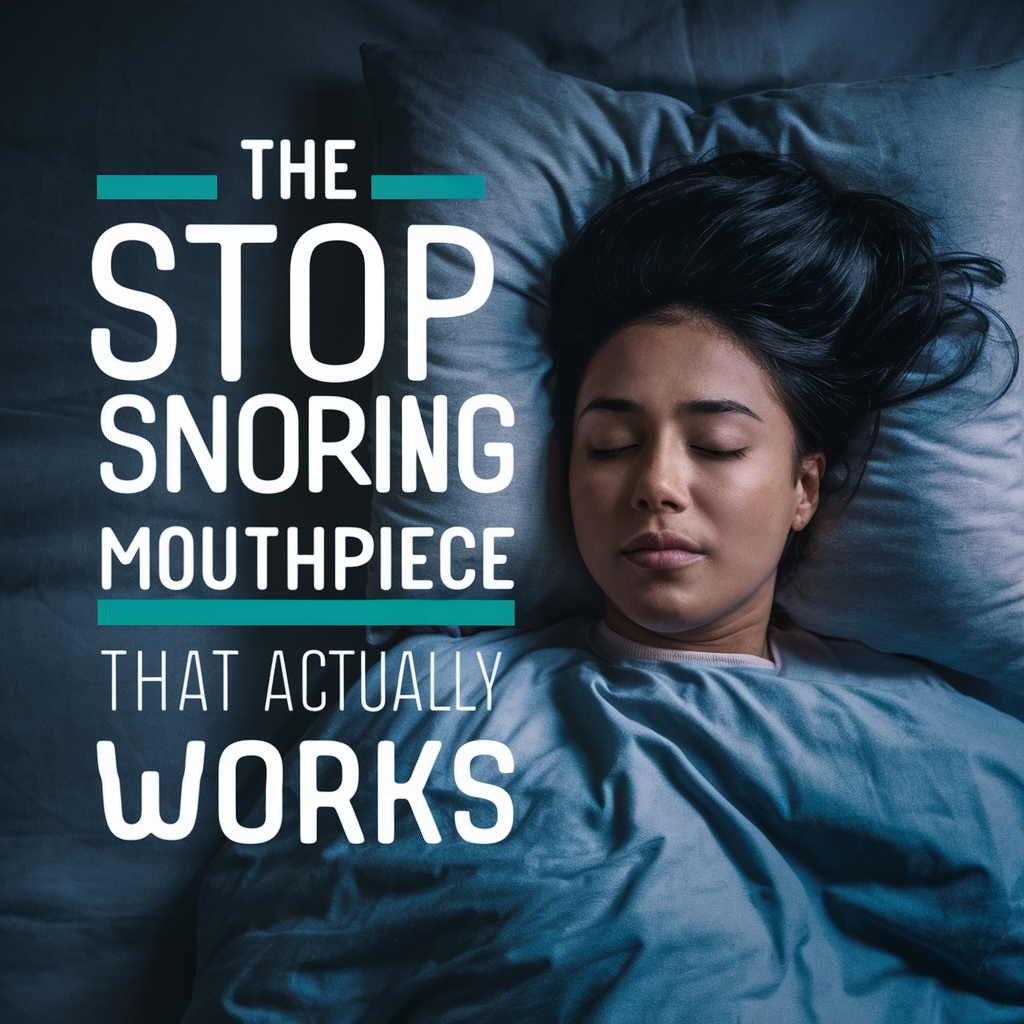
Is Hypnic Jerk Related to Heart Problems?
One of the most common concerns people have about hypnic jerks is whether they are linked to heart problems. Since the sensation can sometimes feel like a shock to the chest or a sudden jolt, it’s natural to worry that it might be heart-related. However, in most cases, hypnic jerks are not connected to heart disease or cardiac issues.
The Difference Between Hypnic Jerks and Heart Palpitations
While hypnic jerks are caused by misfiring nerves and muscle contractions, heart palpitations are usually caused by irregular heart rhythms, anxiety, or medical conditions like arrhythmia. Here’s how to tell the difference:
- Hypnic Jerks – Involuntary muscle twitches or jolts that happen when falling asleep. Often feel like a “falling” sensation and usually involve arms, legs, or the whole body.
- Heart Palpitations – Sensation of a racing, fluttering, or pounding heartbeat. Can happen at any time, not just during sleep transitions.
If you’re experiencing chest pain, dizziness, or shortness of breath along with hypnic jerks, it’s best to consult a doctor to rule out any underlying issues.
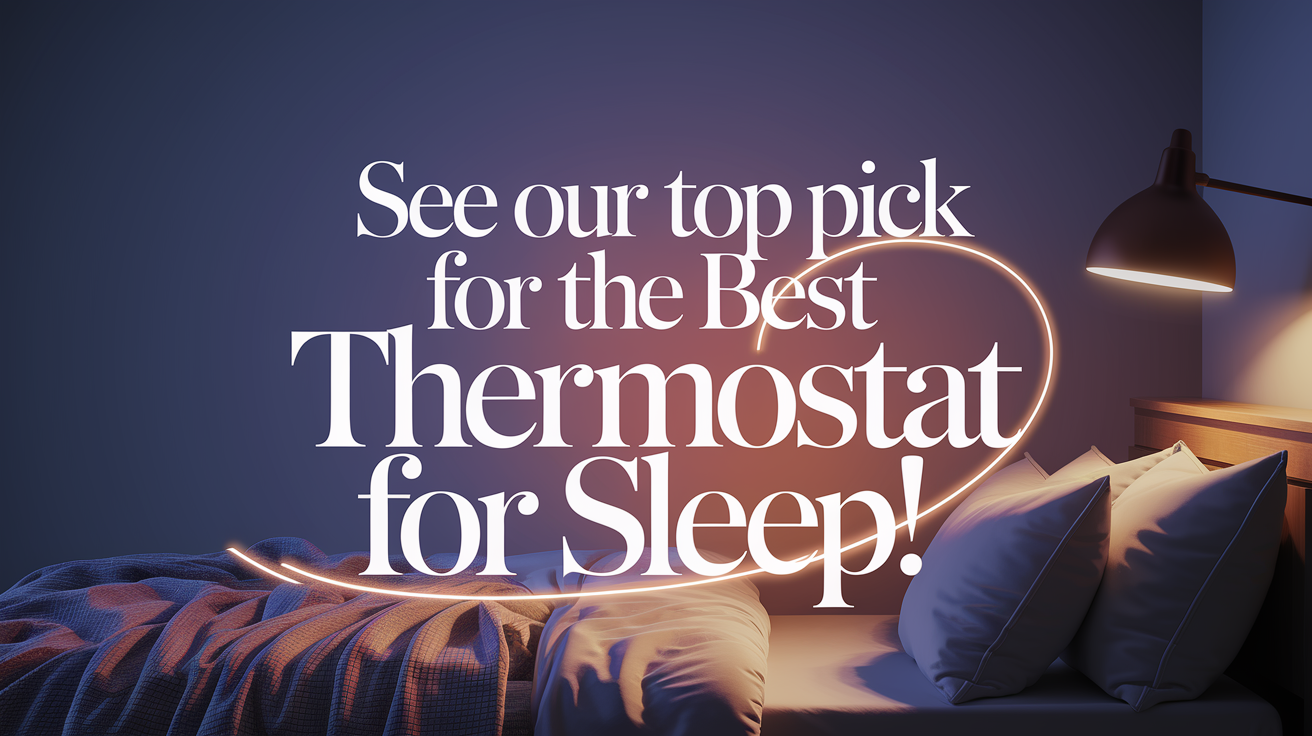
When to Be Concerned About Jerking Awake
Though hypnic jerks are generally harmless, frequent nighttime awakenings paired with breathing issues could be a sign of a sleep disorder, such as sleep apnea. Sleep apnea causes oxygen levels to drop during sleep, which can sometimes lead to sudden awakenings or jolts.
If you often wake up gasping for air or feeling short of breath, it’s worth reading how sleep apnea can kill you and what happens if you ignore it to understand the risks and solutions.
Next, we’ll go over how to stop hypnic jerks when falling asleep and practical ways to reduce their frequency.
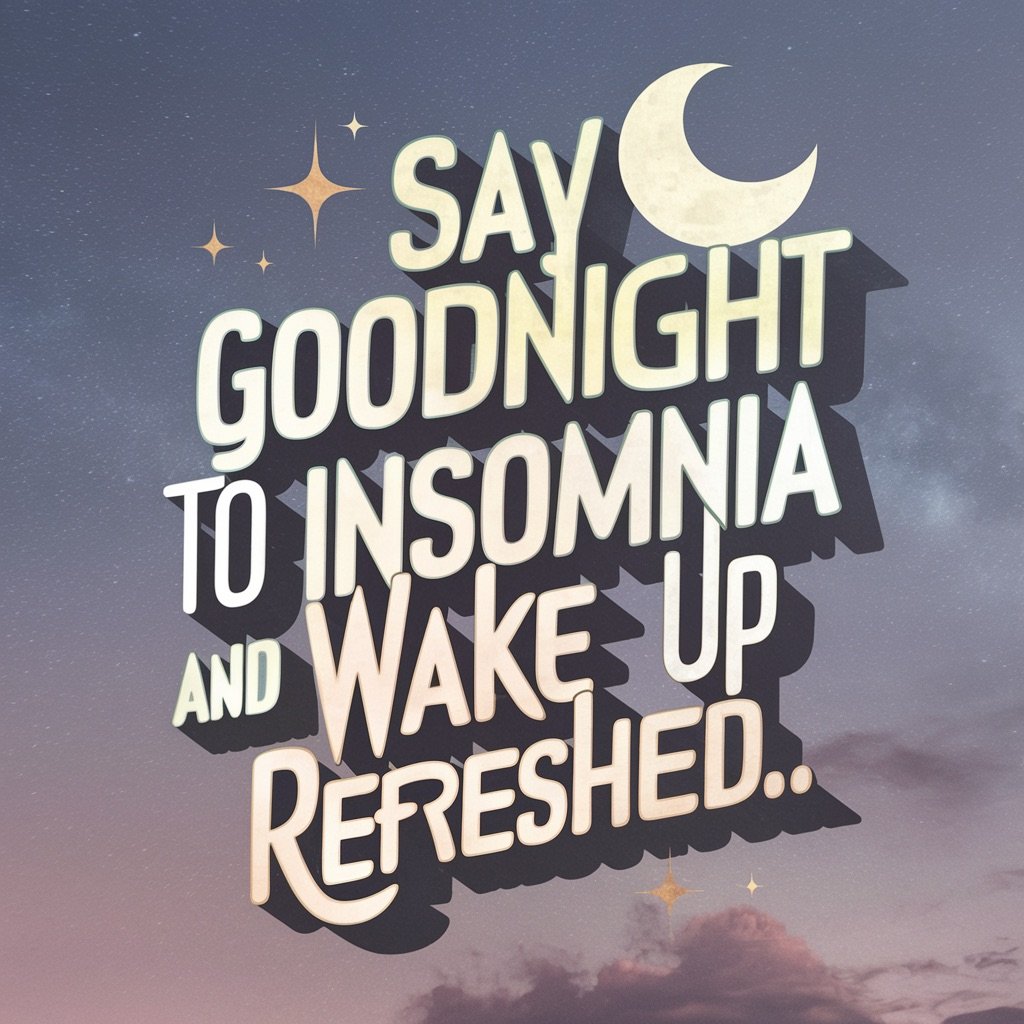
How Do I Stop Hypnic Jerks When I Fall Asleep?
While hypnic jerks are usually harmless, frequent or intense episodes can be frustrating and make it harder to fall asleep. Thankfully, there are ways to reduce them by addressing their underlying triggers.
1. Reduce Stress and Anxiety Before Bed
Stress and anxiety overstimulate the nervous system, making hypnic jerks more likely. To calm your body and mind before sleep:
- Practice deep breathing – The 4-7-8 breathing technique helps relax the nervous system.
- Try progressive muscle relaxation – Slowly tense and release each muscle group before bed.
- Limit screen time – Blue light from devices keeps your brain alert and disrupts melatonin production.
If stress is keeping you awake at night, read why adrenal fatigue causes insomnia and how to fix it for tips on reducing nighttime stress.
2. Avoid Caffeine and Stimulants in the Evening
Caffeine, nicotine, and other stimulants keep your nervous system active long after you consume them. To prevent hypnic jerks:
- Avoid caffeine at least 6 hours before bed.
- Limit alcohol and nicotine, as they can also disrupt sleep patterns.
3. Improve Sleep Hygiene and Routine
Creating a relaxing bedtime routine signals to your body that it’s time to wind down. Try:
- Going to bed at the same time every night to regulate your circadian rhythm.
- Sleeping in a cool, dark room to encourage deep sleep.
- Using relaxation techniques like listening to white noise or nature sounds.
For more tips on falling asleep faster, check out this quick fix for curing insomnia in just 12 minutes.
4. Adjust Your Sleep Position
Your sleeping position can influence how often you experience hypnic jerks. Sleeping on your back may increase the sensation of falling, which can trigger more sleep starts. Try:
- Sleeping on your side to reduce muscle twitching.
- Using a body pillow to support your posture and prevent sudden movements.
If you struggle with sleep apnea, switching sleep positions can also help. Learn more about the best sleep position tomanage sleep apnea naturally.
5. Get Enough Rest to Prevent Sleep Deprivation
Being overly tired makes the brain rush through sleep stages, increasing the chances of hypnic jerks. To prevent this:
- Aim for 7-9 hours of sleep per night.
- Avoid pulling all-nighters or irregular sleep schedules.
- Take short naps (20-30 minutes) instead of long ones during the day.
By improving your overall sleep quality, you can minimize hypnic jerks and enjoy more restful nights.
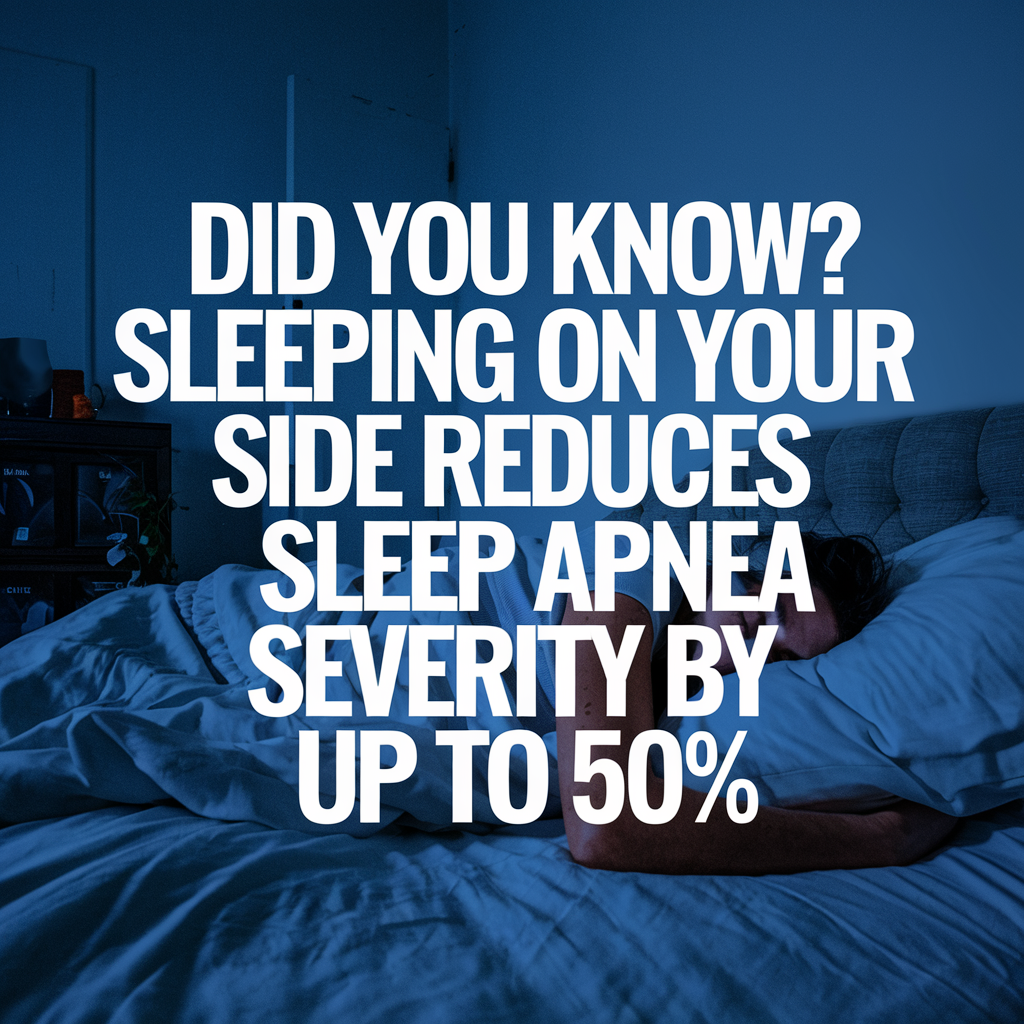
When to Be Concerned About Jerking Awake
Hypnic jerks are usually harmless, but in some cases, frequent or intense episodes could signal an underlying issue. If your jerking awake is accompanied by other symptoms, it may be worth seeking medical advice.
Signs That Hypnic Jerks Might Indicate a Bigger Problem
Consider speaking with a doctor if you experience:
- Frequent and severe hypnic jerks that disrupt sleep multiple times per night.
- Breathing difficulties, choking, or gasping for air when waking up.
- Persistent heart palpitations along with hypnic jerks.
- Uncontrollable leg movements during sleep, which could indicate Restless Leg Syndrome (RLS).
- Seizure-like activity—though rare, sudden movements in sleep can sometimes be linked to neurological disorders.
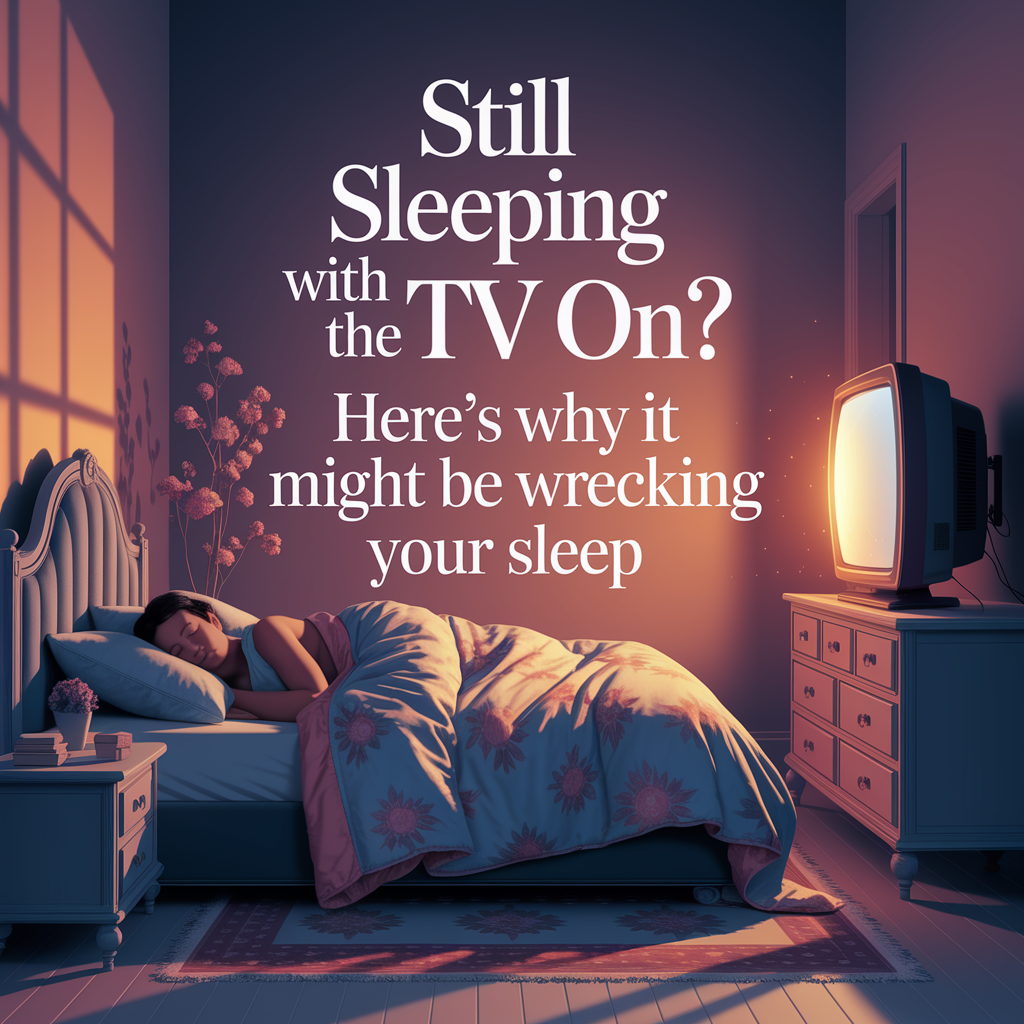
Possible Sleep Disorders Linked to Jerking Awake
If your hypnic jerks happen alongside other sleep disturbances, they may be connected to a sleep disorder:
- Sleep Apnea: If you frequently wake up gasping for air or feeling like you’re choking, you might have sleep apnea. This condition can lead to dangerous oxygen deprivation during sleep. Learn more in How Sleep Apnea Can Kill You and What Happens If You Ignore It.
- Restless Leg Syndrome (RLS): Unlike hypnic jerks, RLS causes uncontrollable leg movements throughout the night and is often accompanied by an uncomfortable tingling sensation.
- Myoclonus or Nocturnal Seizures: In rare cases, frequent and severe jerking movements during sleep could be related to neurological conditions such as epilepsy or sleep myoclonus. If your movements seem involuntary and repetitive, a sleep study may help determine the cause.
When to See a Doctor
Most people who experience hypnic jerks don’t need medical treatment. However, if your sleep is severely affected or you experience other troubling symptoms, a doctor or sleep specialist can help determine whether an underlying condition is at play.
If your jerking awake is disrupting your rest, you may also want to explore stop-snoring mouthpieces that actually work—as snoring and airway issues can sometimes contribute to sleep disturbances.
Next, we’ll wrap up with final thoughts on hypnic jerks and how to take control of your sleep.
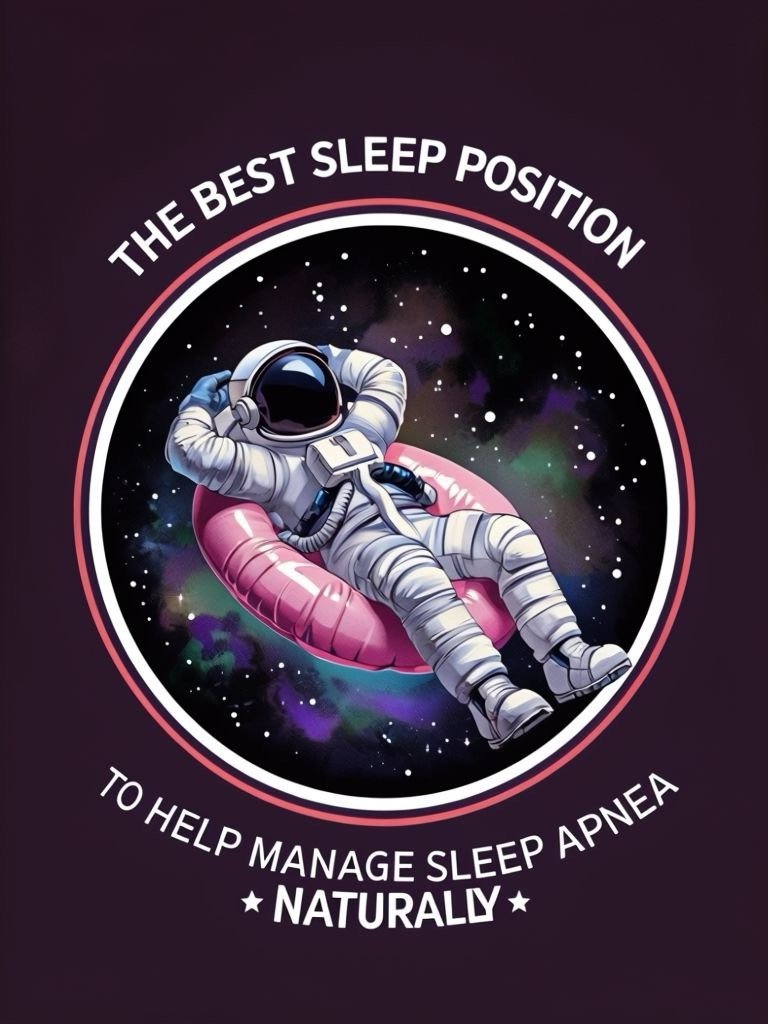
Final Thoughts on Jerking Awake at Night
Hypnic jerks are a common and mostly harmless sleep phenomenon. While they can be startling, they are simply the body’s way of transitioning into sleep. Most people experience them occasionally, and they usually don’t require medical treatment.
Key Takeaways:
✔ Hypnic jerks are normal and caused by the brain misfiring signals as it shifts into sleep.
✔ They can be triggered by stress, caffeine, sleep deprivation, or intense exercise before bed.
✔ They are not usually related to heart problems, but frequent awakenings could be linked to sleep apnea or other conditions.
✔ Improving sleep hygiene—such as reducing stress, avoiding stimulants, and maintaining a consistent bedtime routine—can help reduce their frequency.
✔ Seek medical advice if hypnic jerks are frequent, severe, or accompanied by breathing problems, uncontrollable leg movements, or seizure-like activity.
If you’re struggling with poor sleep or frequent nighttime awakenings, addressing underlying sleep issues can make a significant difference. For more practical sleep solutions, check out:
By making small changes to your sleep habits, you can reduce hypnic jerks, sleep more peacefully, and wake up feeling truly rested.
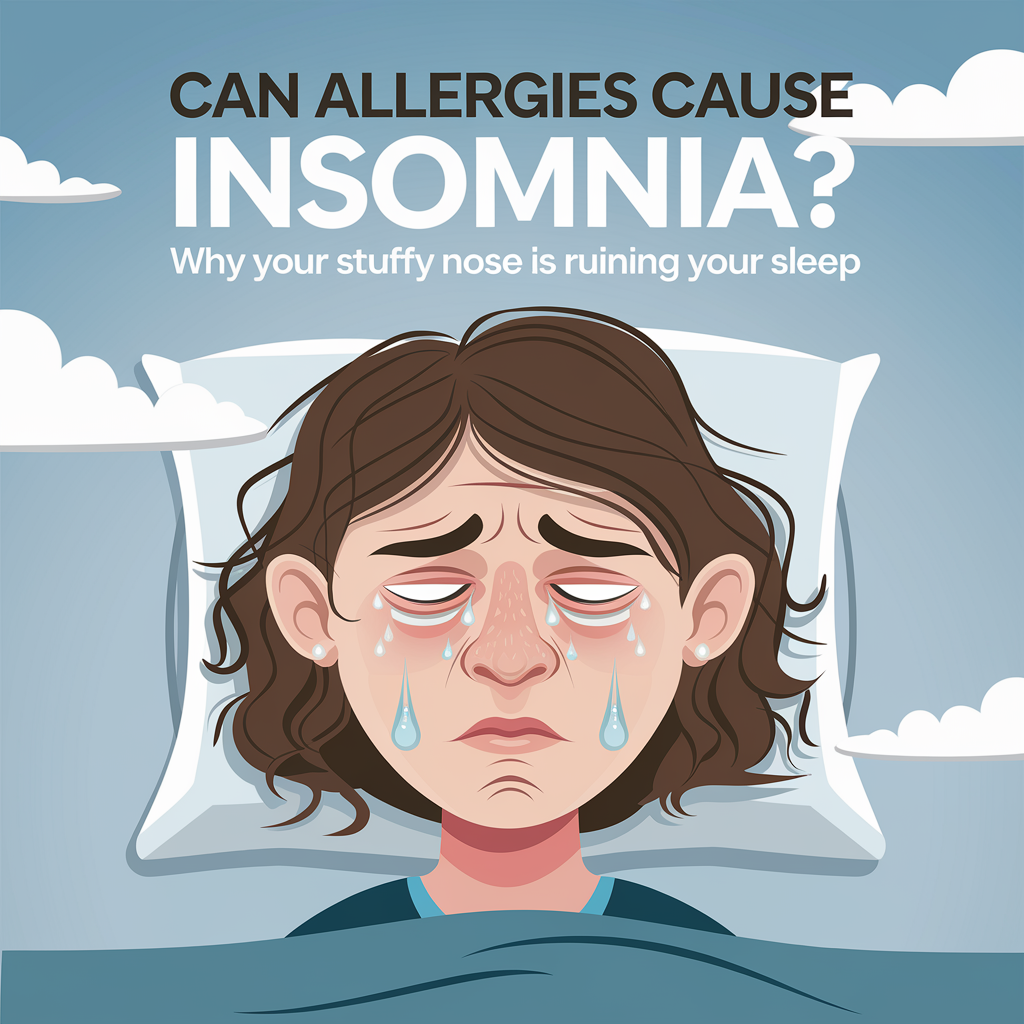
As an Amazon Associate we earn from qualifying purchases through some links in our articles.
